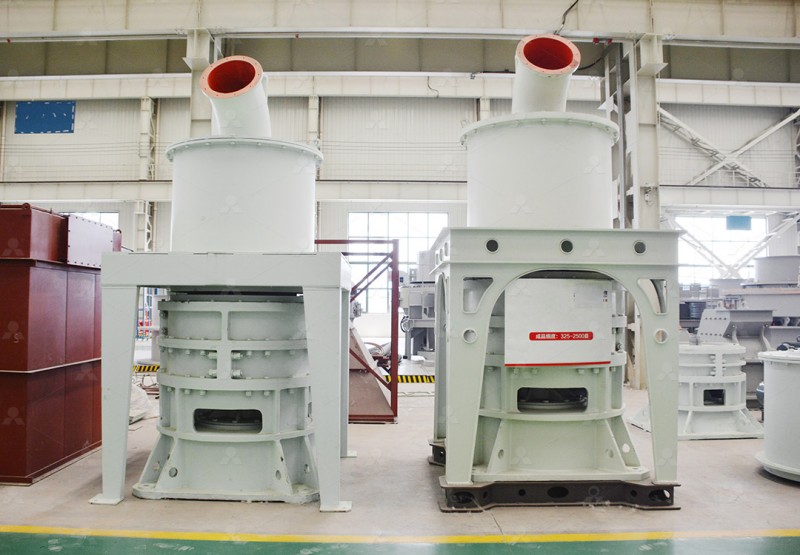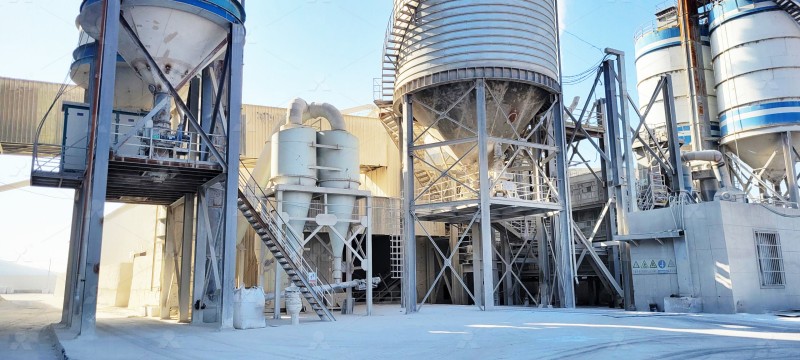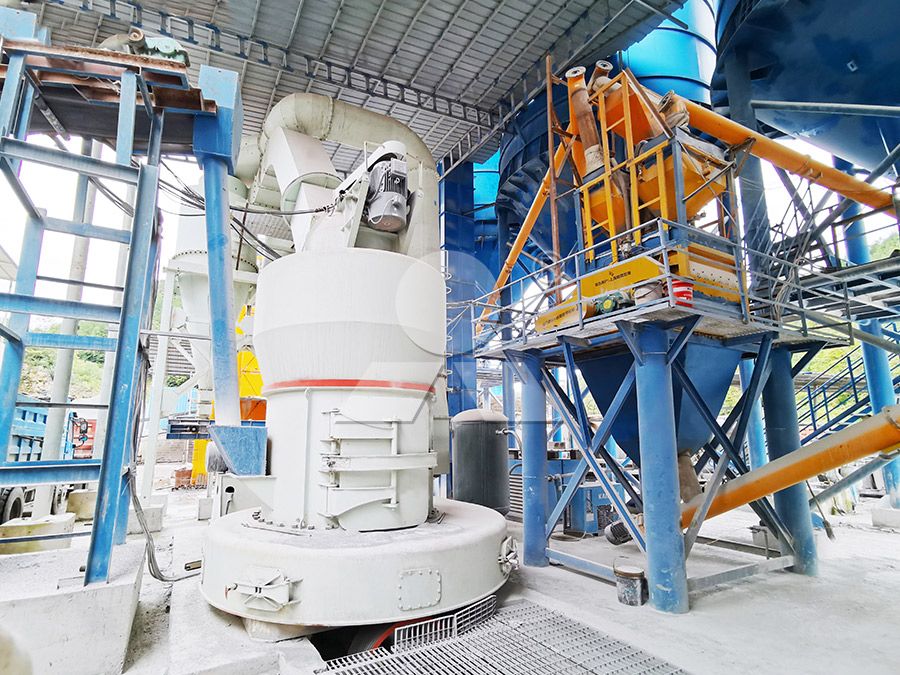What is the Best Grinding Mill for Artificial Stone Powder Production?
We provide a wide range of mills — including Raymond mill, trapezoidal mill, vertical mill, ultrafine mill, and ball mill, obtained ISO9001 international quality certification, EU CE certification, and Customs Union CU-TR certification. Suitable for processing minerals such as limestone, phosphate, quicklime, kaolin, talc, barite, bentonite, calcium carbonate, dolomite, coal, gypsum, clay, carbon black, slag, cement raw materials, cement clinker, and more.
The discharge range of these mills can be adjusted to meet specific processing needs, typically from 80-400 mesh, 600-3250 mesh, and can achieve the finest particle size of up to 6000 mesh(D50).
If you are looking for a reliable grinding solution to turn stone or minerals into fine powder, please feel free to contact our online customer service.
What is the Best Grinding Mill for Artificial Stone Powder Production?
Artificial stone manufacturing has revolutionized the construction and design industries, offering versatile, durable, and aesthetically pleasing alternatives to natural stone. At the heart of this process lies a critical component: the grinding mill that transforms raw materials into the fine powders essential for creating high-quality artificial stone products. Selecting the right grinding equipment can mean the difference between mediocre results and exceptional product quality.
The production of artificial stone powder demands precise control over particle size distribution, purity, and consistency. Different applications require specific fineness levels – from coarse aggregates to ultra-fine powders for surface coatings and specialized composites. The ideal grinding solution must deliver consistent performance while managing operational costs and environmental considerations.

Key Considerations for Artificial Stone Powder Production
When evaluating grinding mills for artificial stone applications, several factors demand careful consideration. Production capacity requirements must align with your operational scale, while energy efficiency directly impacts long-term operating costs. The ability to achieve specific fineness levels between 325-2500 meshes is crucial for meeting various application specifications.
Equipment reliability and maintenance requirements significantly affect production continuity and total cost of ownership. Modern operations also prioritize environmental compliance, particularly regarding dust control and noise reduction. The versatility to process different mineral compositions – from limestone and calcite to dolomite and barite – provides valuable operational flexibility as market demands evolve.
Advanced Grinding Solutions for Modern Production
Among the various technologies available, ultrafine grinding mills have emerged as particularly well-suited for artificial stone powder production. These systems combine precision grinding with advanced separation technologies to deliver consistently high-quality powders with optimal particle distribution.
For operations requiring exceptional fineness control and high production efficiency, the MW Ultrafine Grinding Mill represents a significant technological advancement. With an input size capacity of 0-20 mm and production rates ranging from 0.5 to 25 tph, this equipment adapts to various production scales. Its innovative design eliminates rolling bearings and screws within the grinding chamber, substantially reducing maintenance concerns and potential contamination risks.

Technical Advantages in Artificial Stone Applications
The MW Ultrafine Grinding Mill incorporates several features specifically beneficial for artificial stone production. The German-designed cage-type powder selector enables precise fineness adjustment between 325-2500 meshes, achieving screening rates of d97≤5μm in a single pass. This precision ensures consistent powder quality batch after batch.
From an operational perspective, the MW system demonstrates remarkable efficiency, delivering production capacity 40% higher than jet grinding mills and twice that of ball grinding mills while consuming only 30% of the energy of jet milling systems. The integrated pulse dust collector and muffler system maintains clean operation while minimizing noise pollution – crucial considerations for modern manufacturing facilities.
Making the Right Choice for Your Operation
Selecting the optimal grinding mill requires careful analysis of your specific production requirements, material characteristics, and quality expectations. While traditional ball mills and Raymond mills remain viable for some applications, the superior efficiency and precision of modern ultrafine grinding systems like the MW Ultrafine Grinding Mill often provide better long-term value for artificial stone manufacturers.
The external lubrication system enables continuous 24-hour operation without shutdowns for maintenance, while the digitally controlled manufacturing process ensures high precision in all critical components. These advantages, combined with comprehensive technical support and genuine spare parts availability, make advanced grinding solutions increasingly accessible to producers of all sizes.

Frequently Asked Questions
What fineness range can be achieved with modern grinding mills for artificial stone production?
Advanced systems like the MW Ultrafine Grinding Mill can produce powders ranging from 325 to 2500 meshes, with some models achieving screening rates of d97≤5μm in a single processing stage.
How important is energy efficiency in selecting a grinding mill?
Extremely important. Energy consumption typically represents 30-50% of operating costs in powder production. Modern mills can reduce energy usage by 30-50% compared to conventional systems while increasing production capacity.
What maintenance considerations should I evaluate?
Look for designs that minimize internal components subject to wear, such as the MW Mill’s elimination of rolling bearings and screws in the grinding chamber. External lubrication systems and accessible maintenance points significantly reduce downtime.
How do environmental regulations affect mill selection?
Modern operations require integrated dust collection and noise reduction systems. Equipment with pulse dust collectors and mufflers, like the MW Ultrafine Grinding Mill, ensures compliance while maintaining production efficiency.
Can the same mill process different mineral compositions?
Yes, versatile mills can handle various materials including limestone, calcite, dolomite, barite, and marble – all common in artificial stone production. Confirm specific capacity and fineness capabilities for each material type.
